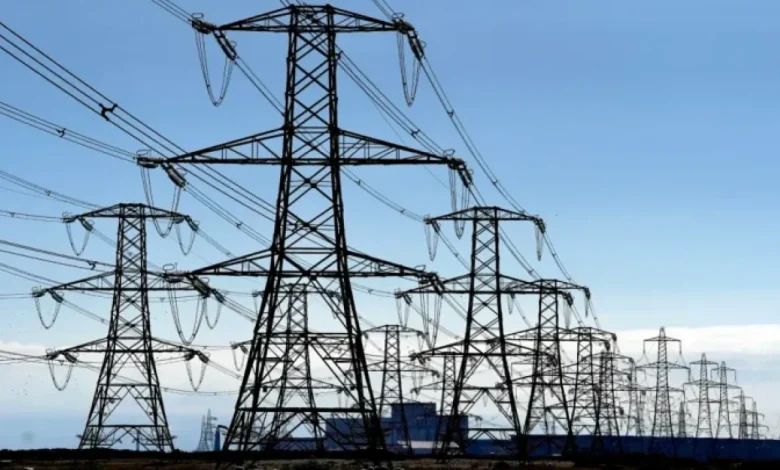
Nigeria’s electricity subsidies have seen a notable increase, rising to N199.64 billion in December 2024, according to newly released data from the Nigerian Electricity Regulatory Commission (NERC).
This marks a 2.76 percent increase from N194.26 billion in November 2024, reflecting ongoing economic pressures, including inflation and fluctuations in the exchange rate.
The December 2024 Multi-Year Tariff Order (MYTO) report from NERC attributes the increase in subsidies to several key factors: the Naira exchange rate rising to N1,687.45 per dollar, inflation climbing to 33.9 percent, and changes in available electricity generation capacity. These factors have contributed to the review of the subsidies required to ensure the stability of electricity prices for consumers in the country.
Despite these rising subsidies, electricity tariffs for consumers have been left unchanged. The Federal Government has decided to keep tariffs the same across all customer categories, including Band-A customers who continue to pay N209 per kWh. For customers in Bands B to E, the tariffs remain frozen at the same rates that were in effect since December 2022.
NERC’s decision to maintain tariffs in the face of rising costs is a strategic move to mitigate the financial burden on households and businesses already grappling with high inflation and the fallout from the removal of petrol subsidies earlier in May 2023.
The government’s electricity subsidies are specifically directed at different Distribution Companies (DisCos) across the country. Under the current policy, Abuja DisCo consumers are set to benefit from N29.10 billion in subsidies, up from N27.86 billion in November. Similarly, consumers in the Ikeja Electric zone will receive N26.68 billion in subsidies.
These measures are aimed at ensuring that consumers across various regions are shielded from the full impact of rising electricity generation costs, which are partly driven by higher gas-to-power prices and the broader macroeconomic environment.
The report also addressed the gas-to-power pricing, which remains crucial to Nigeria’s electricity generation. NERC has maintained the benchmark gas price at $2.42 per MMBTU, based on established guidelines from the Nigerian Midstream and Downstream Petroleum Regulatory Authority (NMDPRA). This price is a critical component in the cost structure for electricity generation, especially as Nigeria relies heavily on gas-fired plants for power supply.
The NERC emphasized that while the electricity tariffs remain stable for now, they are subject to monthly adjustments based on key economic indices such as inflation, the NGN/USD exchange rate, and the gas prices for power generation.
The increase in electricity subsidies comes at a time when Nigerians are already facing significant cost pressures following the removal of petrol subsidies by President Bola Tinubu in May 2023. This move led to a sharp increase in the price of petrol, which jumped from around ₦189 per litre to above ₦1,300 per litre.
The petrol subsidy removal has had a profound impact on the cost of living, fueling inflation and raising transportation and production costs across various sectors of the economy. The government’s decision to maintain electricity subsidies is seen as an attempt to soften the economic blow on households and businesses already struggling with high energy costs and the ripple effects of the petrol price hike.
While the government’s move to maintain electricity subsidies will provide short-term relief to consumers, the sustainability of these subsidies remains a key concern. With Nigeria’s power sector already facing challenges related to generation, distribution, and infrastructure, questions are being raised about how long the government can continue to fund these subsidies without addressing the underlying inefficiencies in the electricity sector.
The continued rise in subsidies also puts pressure on the Nigerian Government’s budget and its ability to manage its finances in a way that balances fiscal responsibility with the need to support the welfare of Nigerians. The government may need to explore more sustainable solutions, including investments in power sector reforms, energy diversification, and cost-reflective tariffs in the long run to reduce reliance on subsidies.





